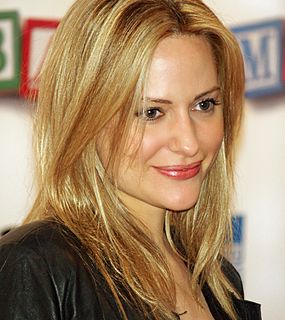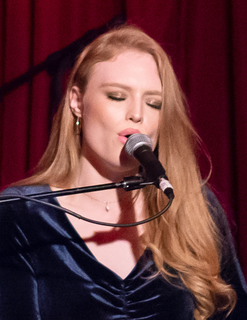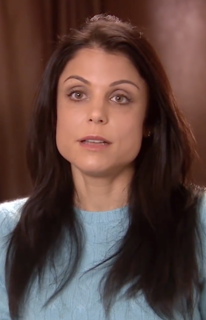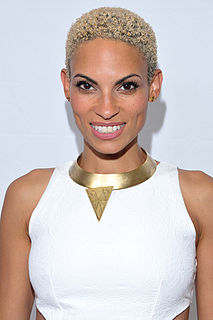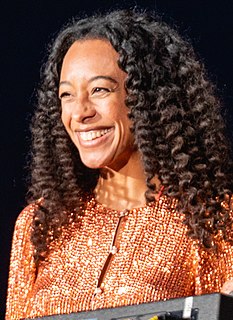A Quote by Aimee Mullins
I didn't see how wearing prosthetics was quite so different from being born with flaming red hair in a crowd of black-haired babies, or being of a different religion from that of every other child in your area.
Related Quotes
I've never worked with prosthetics before in that sort of capacity. I did a bit of prosthetic work when I had to give birth in Jude, which is quite a different set of prosthetics. But I had so much admiration for the hair and make-up department and the prosthetics team, who are actually based at Shepperton, and who put together that look for Hanna. I
There speaks the passion and the rebellion that go with red hair. My second wife had red hair. She was a beautiful woman, and she loved me. Strange, is it not? I have always admired red-haired women. Your hair is very beautiful. There are other things I like about you. Your spirit, your courage; the fact that you have a mind of your own. ~Mr. Aristides
As a young child, being different is isolating, and as a teenager it's humiliating. I wish I had been able to stand out with more confidence when I was a child, and especially when I was a teenager. I was different, but it wasn't always a conscious choice, and it often made me miserable. But I'm all grown up now, and so are you. Today, difference is your strength, your power, and your trademark. It's your signature. It can still be difficult to be different--sometimes even harder than it used to be. Even so, it's time to embrace being yourself. It's time to be authentic.
In the very early stages of working in sports, I was sick of being referred to as "the Barbie doll" because I had long, blond, fake hair. So I went and bought a boxed hair color, dyed my hair black, and put on glasses. And I looked ridiculous. I looked like a completely different person. I was trying to get away from the stereotype but what I realized in doing that is that what I say and how I conduct myself in what I do will speak for itself, and I don't need to apologize for being a woman in that space.
I feel like it's me singing back to myself as a younger person and saying have confidence in being a bit different. I really felt I didn't fit in. My dad was from the Caribbean, my mum was English, we lived in quite a white area but we were quite poor, but also quite brainy, and I was a really, really skinny child so I felt a bit awkward about all these things.
I do think that we have to be careful not to assume that getting a perm or wearing a blonde wig is a desire for whiteness. It may or may not be. Listen, I live in a poor black neighborhood where women wear blue hair, green hair, and all kinds of stuff. So, I simply see it as a different set of choices.
The real truth - like anything, you have an idea about something you might write and it changes. People reflect on it or you get other ideas and maybe your original idea is radically different than how it ends up being. It's not a theorem. You don't sit down and prove something. You start with an initial idea and it grows and grows. The math of the narrative changes. In some ways your original document and what the film ends up being are quite different.
